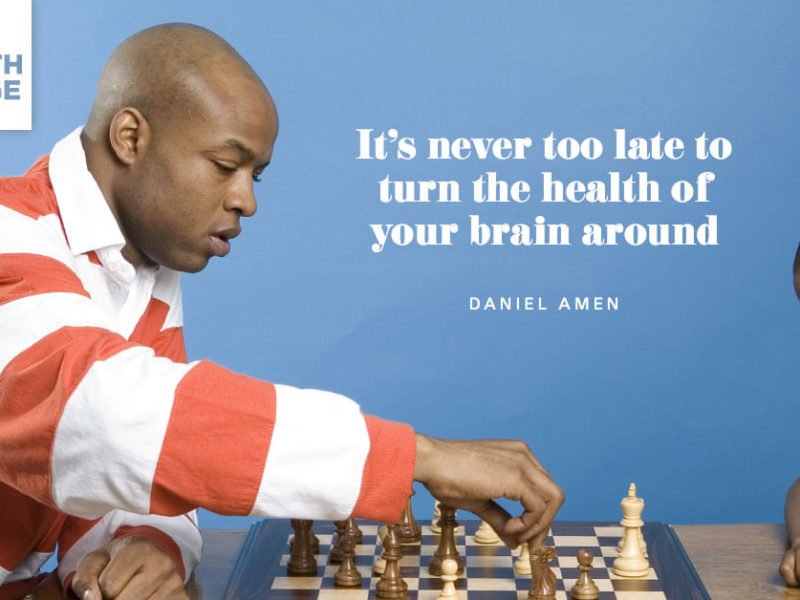
Strengthen your brain with strength training.

During the walk take four or five 60-second periods to “burst” (walking or running as fast as you can), then go back to walking at a normal pace. I recommend you take a 30-45 minute walk every day. Of course, you should check with your physician before starting any new exercise routines.īurst training involves 60-second bursts at go-for-broke intensity followed by a few minutes of lower-intensity exertion. Exercising for 30-60 minutes each time was associated with the biggest reduction in poor mental health days.įor a simple way to ease into what I like to call “smart exercise,” try a combo of burst training and strength training. More great news for Warriors, this study confirms what I generally recommend. Warning! If you’re going to ride a bike, be sure to wear a helmet to protect your brain from head injuries! As I always say, if you find an activity you love you’ll be more likely to stick with it. Whatever your preference, just get out and move. However, one of the things I look most forward to is connecting with my martial arts community. In addition to the intense physical exercise, I love the adrenaline release associated with hitting and kicking pads and working on self-defense moves. For me, attending karate classes is like going to therapy. I can see why team sports could be so beneficial for boosting moods since strong social connections are vitally important to mental health.

What were the top three exercises when it came to reducing bad days? The researchers looked at 75 different types of exercise-everything from running and cycling to housework and childcare. On average, couch potatoes who engaged in no physical activity experienced about 3.4 poor mental health days per month while those who exercised had only 2 bad days per month. In addition, they were asked about their exercise habits during that same time period. The study, which appeared in a 2018 issue of The Lancet Psychiatry, asked participants to evaluate the past 30 days and estimate how many days fell into the “poor mental health” category based on stress, depression, or emotional problems. New research involving 1.2 million people found that people who exercise experience 43 percent fewer days of poor mental health compared with people who don’t engage in physical activity. What you may not realize is how much of an impact it can have on mental health as well. If you’re part of my Brian Warrior Tribe, you’ve probably heard me talk about how physical exercise is like a wonder drug that can help you lose weight, lower your risk of numerous life-threatening diseases, boost your energy, make you look and feel sexier, and possibly even live longer.


 0 kommentar(er)
0 kommentar(er)
